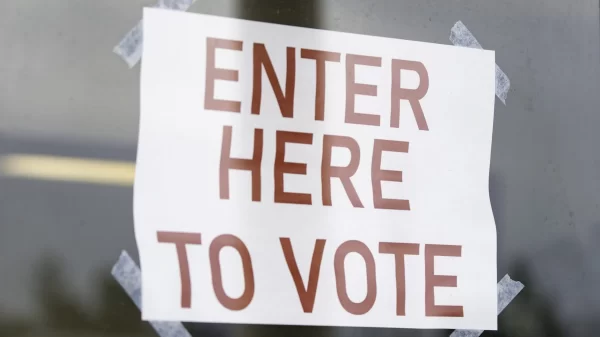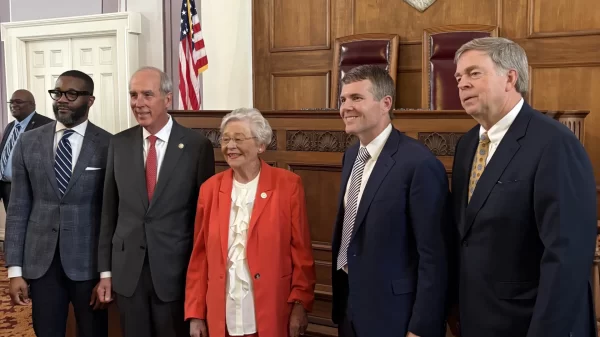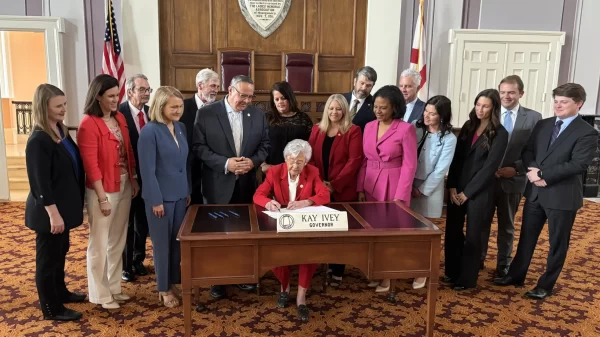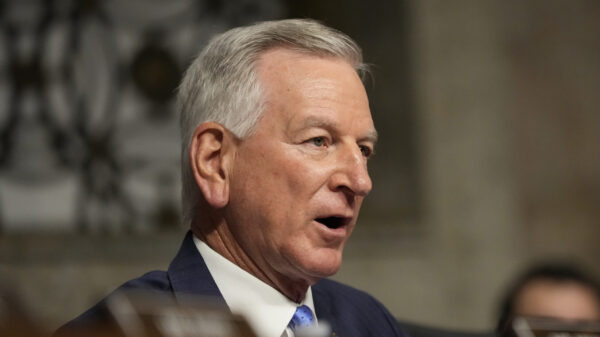Our country is in the throes of a mental health crisis, and it’s our kids who are suffering the most. While social media is far from the only contributor, it stands out as a major culprit.
As a mom, it worries me for my own kids and their friends. As a Senator, it makes me worried about the next generation’s future in Alabama and across the nation. Senator John Fetterman, D-Pa., is also a parent. The mental health crisis is a shared concern we have discussed and one we both urgently want Congress to help fix because we see it in our homes and our communities.
I have heard from parents and community leaders, and even students themselves have reached out to me about how social media is making bullying worse in school. Bullying was bad enough when I was growing up. Now, with social media, it’s worse — and so is the state of mental health for America’s kids.
Depression, suicide attempts, and emergency room visits for anxiety, mood disorders, and self-harm have all risen drastically over the last several years.
There are certainly a number of factors contributing to our mental health crisis. But one that truly stands out among the rest is social media usage.
As use became more and more prevalent, concerning mental health metrics also started to rise.
Users need to know the dangerous reality of social media.
U.S. Surgeon General Vivek Murthy agrees. Earlier this year, he called for a warning label on social media apps and websites. Forty-two state attorneys general, including Alabama’s Steve Marshall, also support the creation of a warning.
Senator Fetterman and I are working to make that a reality with our Stop the Scroll Act. Our bill would require a warning label be placed on social media platforms, and users would need to acknowledge the potential harm before being able to access the app. Our bill would also require mental health resources like the Suicide and Crisis Lifeline to be listed on the warning itself.
We’re not trying to bar Americans from using social media. We just want them to be informed before choosing to use it. Evidence shows warning labels work on packs of cigarettes. Let’s apply this proven method on social media.
I’m optimistic we can get this bill done. It’s simple, but it could make a world of difference.
The U.S. Senate already has an established track record of coming together to protect future generations from the harms of social media. Earlier this summer, the Senate passed the Kids Online Safety and Privacy Act to better protect kids using social media, empower parents, and hold platforms accountable. It passed with overwhelming support.
I was proud to vote for that bill, and I’ve been proud to find so many partners in the Senate on both sides of the aisle to move the needle on mental health. Even someone like Senator George Helmy, whose tenure only lasted a few months, helped advance solutions to the youth mental health crisis. It’s been a pleasure working with Senator Helmy and a bipartisan list of colleagues on an issue that deserves our attention.
The Stop the Scroll Act isn’t a cure. But it is an important step in the right direction creating a safer digital world for all Americans.


















































